Top Class Actions’s website and social media posts use affiliate links. If you make a purchase using such links, we may receive a commission, but it will not result in any additional charges to you. Please review our Affiliate Link Disclosure for more information.
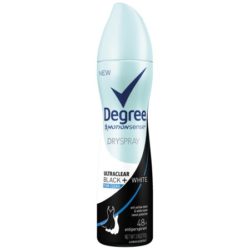
Plaintiff Carla Been alleges that the UltraClear Black + White DrySpray line of Degree products are marketed as having a formula that assists in reducing white marks on dry clothes and yellow marks on white clothes.
However, the Degree class action lawsuit claims the UltraClear deodorant line contains the same ingredients as the MotionSense DrySpray women’s antiperspirant and that there is nothing added to assist in being “anti yellow stains” or “anti white marks.”
“Compared to the non-‘Ultraclear’ version of women’s ‘MotionSense’ ‘Dryspray,’ ‘Ultraclear’ does not contain a single additional ingredient,” the plaintiff alleges.
The Degree DrySpray class action lawsuit states that the “yellow stains” and “white marks” that the UltraClear DrySpray antiperspirants are actually created by an active ingredient, Aluminum Chlorohydrate.
“In short, while ‘Ultraclear’ ‘DrySpray’ antiperspirant spray is marketed as being ‘anti’ white marks and stains, it is nothing more than a less-effective version of Degree’s women’s regular ‘Motionsense’ ‘DrySpray’ antiperspirant sprays that causes the very problem it claims to solve,” the Degree class action lawsuit alleges.
The plaintiff says that it has long been known that “yellow stains” and “white marks” are caused by aluminum in antiperspirants.
The Degree class action lawsuit claims that the one difference between the Degree’s UltraClear Black + White and the non-Ultraclear DrySpray line is that the Aluminum Chlorohydrate is diluted from 23.3 percent to 20.2 percent.
“A normal consumer is unable to determine simply by reading the claims on the Product packaging and/or the Product’s ingredient list that it actually contains nothing that ‘helps to reduce’ or otherwise is ‘anti’ to white marks and yellow stains,” the Degree class action lawsuit states.
The plaintiff claims that a normal consumer is not aware that Aluminum Chlorohydrate is an important factor that adds to and causes the “yellow stains” and “white marks” that the products are supposed to help reduce.
In addition, the Degree class action lawsuit states that it is cheaper for the defendant to make the Black + White DrySpray product, which is a diluted version of the regular antiperspirant.
The plaintiff claims that the defendant did its own testing of the antiperspirant before it was to be offered for sale. This testing, the plaintiff says, would have made the defendant conscious that the product leaves white marks and causes yellow staining.
“Despite this, Defendants purposely made the False Claims in order to induce the false belief in consumers that they were purchasing a product that caused no white marks or yellow stains on their clothing and instead was ‘anti yellow stains & white marks,’” the Degree class action lawsuit claims.
The plaintiff alleges breach of warranty, breach of implied contract, unjust enrichment, violation of Missouri Misleading, False, and Deceptive Marketing law, and injunctive relief.
The proposed Class Members include: “All persons who purchased ‘Degree’-branded women’s ‘MotionSense’ ‘UltraClear Black + White’ ‘DrySpray’ antiperspirant spray during the class period in the United States.”
Did you purchase a Degree antiperspirant product that you thought would reduce white marks and yellow stains? Leave a message in the comments section below.
The plaintiff is represented by Daniel F. Harvath of the Harvath Law Group LLC.
The Degree Antiperspirant Class Action Lawsuit is Been v. Conopco Inc., Case No. 4:19-cv-02703, in the U.S. District Court for the Eastern District of Missouri.
ATTORNEY ADVERTISING
Top Class Actions is a Proud Member of the American Bar Association
LEGAL INFORMATION IS NOT LEGAL ADVICE
Top Class Actions Legal Statement
©2008 – 2024 Top Class Actions® LLC
Various Trademarks held by their respective owners
This website is not intended for viewing or usage by European Union citizens.





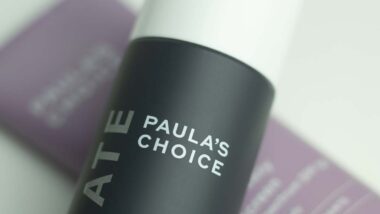
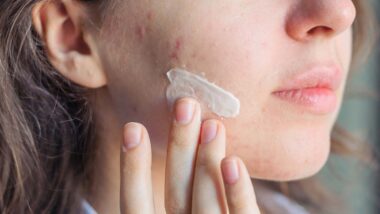
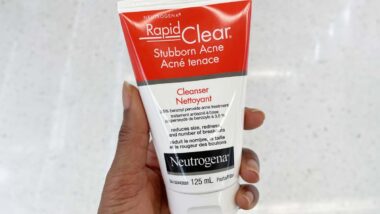
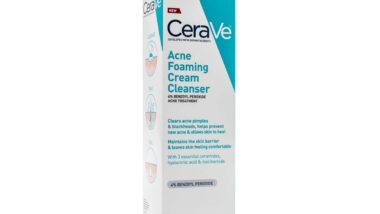
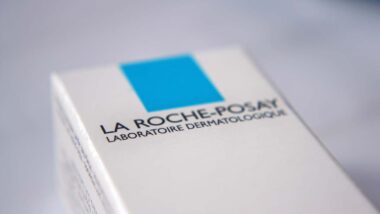

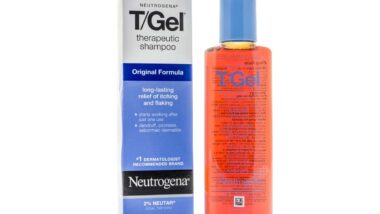



469 thoughts onDegree Class Action Says DrySpray Doesn’t Reduce White Marks or Yellow Stains
Add me please! I purchased this item so that I wouldn’t have to go through that
Please add me, I purchased it, and just thought I was stuck with it, it’s expensive, but I thought worth it, by the advertising. Please add me? I will look at the ingredients now
Add me please….used for quite a while before I figured out it was the deodorant leaving marks on my clothes
YES, I HAVE STAINS ON MY DRESS SHIRTS (WHITE)
Add me Too
Add me please
Add me please
I started buying the because of claims it would not leave stains
Omg add me to this please
Please add me